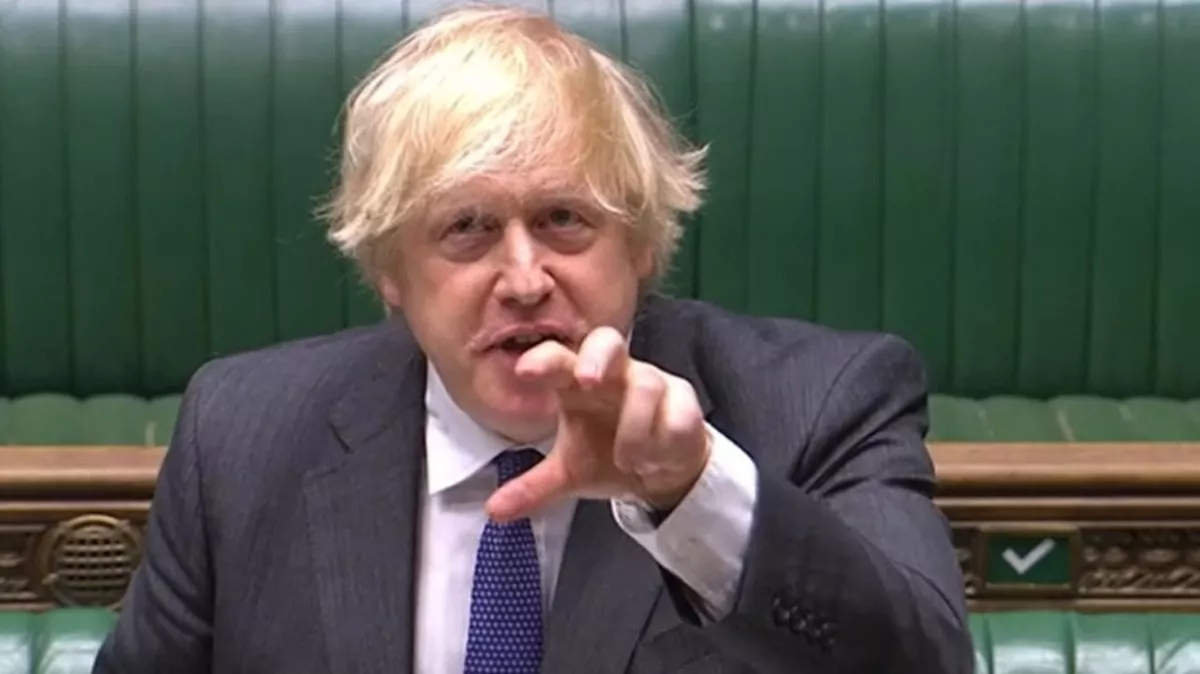5095
0
Boris Johnson announced a plan to raise taxes
British Prime Minister Boris Johnson announced a plan to raise taxes on Tuesday. Companies do not agree with tax increases.

Yazar: Tom Roberts
Yayınlanma: 8 Eylül 2021 01:51
Güncellenme: 3 Mart 2026 04:03
Boris Johnson announced a plan to raise taxes
British Prime Minister Boris Johnson announced a plan to raise taxes on Tuesday. Through higher taxation of employees, companies and some investors, it wants to secure funding for the reform of the health and social care system. His plans have provoked dissatisfaction among some conservative politicians who have broken his promise not to raise taxes. Disagreements were also expressed by representatives of companies. The government plans to increase National Insurance (NI) payments to companies and employees by 1.25 percentage points, and dividend tax is expected to increase by the same amount. According to Johnson, the increased taxes should bring the state almost 36 billion pounds (41.80 billion euros) over the next three years, while the funds should go directly to health care and the social security system. Representatives of British companies sharply criticized Boris Johnson's plans. As they said, this will be an additional burden, at a time when they are struggling with the consequences of government anti-pandemic measures. "Companies are clearly opposed to increased contributions, which will have a negative impact on job creation in the current difficult period," said Suren Thiru of the British Chamber of Commerce. He added that companies are already facing increased costs and further increases will be reflected in the economic recovery. Representatives from the manufacturing sector of the associations in the Make UK group also expressed a similar opinion. According to them, the government should rather come up with measures to protect jobs and support the creation of new ones. According to the producers, the increase in payments to NI will have the exact opposite effect.İLGİLİ HABERLER





European stocks soared and focus shifted to German retail sales after Powell's speech!

Forex Signal For TRY/USD: Inflation Slowdown in November.

Forex Signal For GBP/USD: Bullish Trend Still Not Breaking While Recovery Continues.

Forex Signal For EUR/USD: Starry US Data Points to Higher Fed Increases.

Forex Signal For BTC/USD: Downside Continues as Bitcoin Recovery Moves Less.
En Popüler Haberler
Yorum Yap
Yorumlar
Henüz yorum yapan yok! İlk yorumu siz yapın...